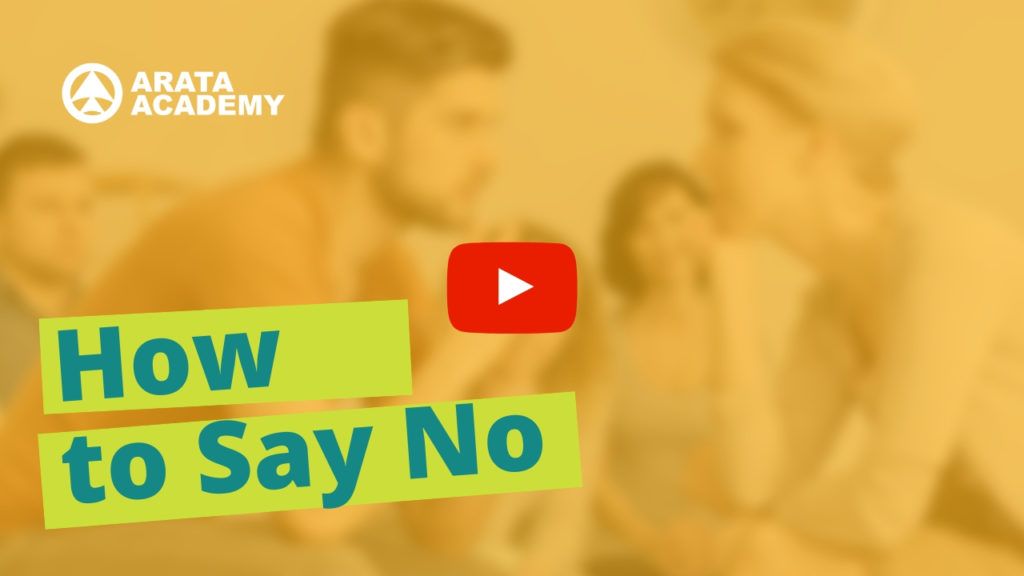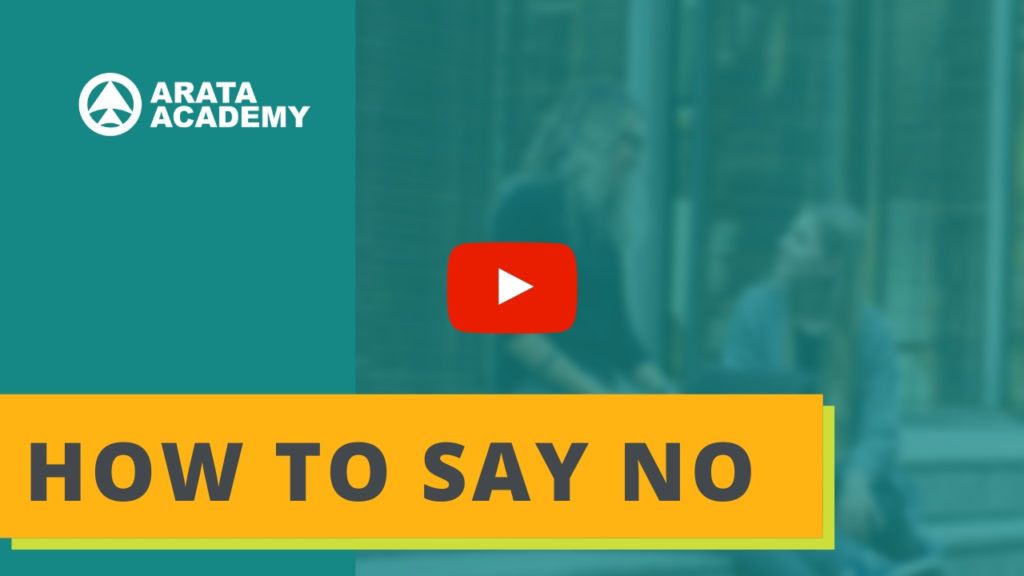Hello! Seiiti Arata. Life is full of happy and sad moments. Of celebrations and disappointments. So it is normal to celebrate when we are happy and to feel the urge to start complaining when we are disappointed.
But looking at the matter rationally, complaining is an inefficient strategy. Complaining brings very little benefit for the time we spend on it.
Think about this with me: we have a limited amount of time. So, we want to make the best use of our time. This brings us to a question: what are the consequences we can expect from complaining?
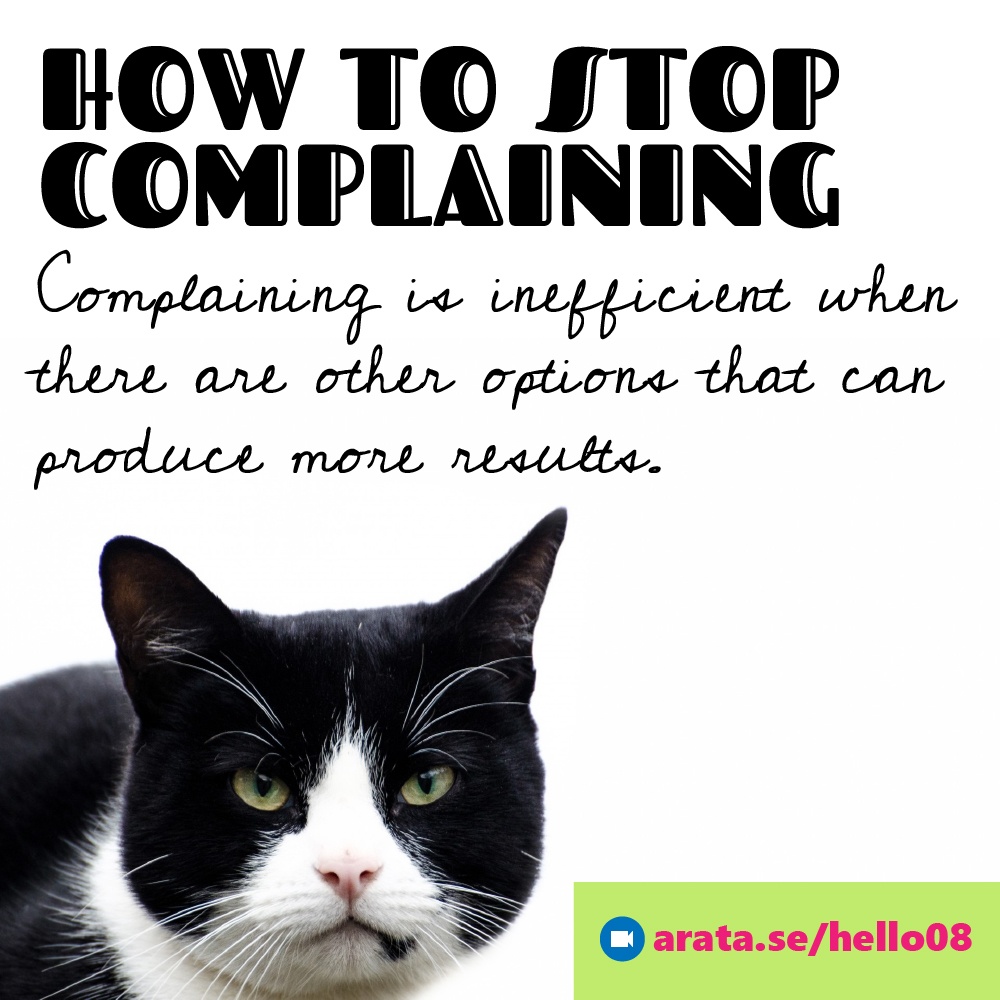
Do we really think that whining will help us somehow to achieve our goals? Well, it was useful to cry out loud when we were babies so we could get fed and have our diapers changed. But in our adult lives, complaining will hardly bring happiness. Instead, it will probably bring out a lot of resentment and dissatisfaction from those around us. After all, do you enjoy the company of people who complain constantly?
What is a more efficient strategy? We want a strategy that provides us the maximum satisfaction. This is what we will explore today, with three excellent questions to ask ourselves when we are just about to complain. They are great, and you will want to have pen and paper to write them down as a reference for the future.
Before we go to these three questions, it is important to understand what we want.
Ask yourself: Do you want to take some action to change things? Or do you want to talk, be understood, be heard?
See? These are distinct needs.
When we want ACTION, we are in a problem-solving mode.
When we want to TALK and be heard, we are in the understanding mode.
Each of these represents different needs, which is the core of the first question. You can write it down—go get pen and paper, and I will be here waiting for you. Ready? So here you go:
– What are my needs behind this complaining? What do I want to achieve by complaining?
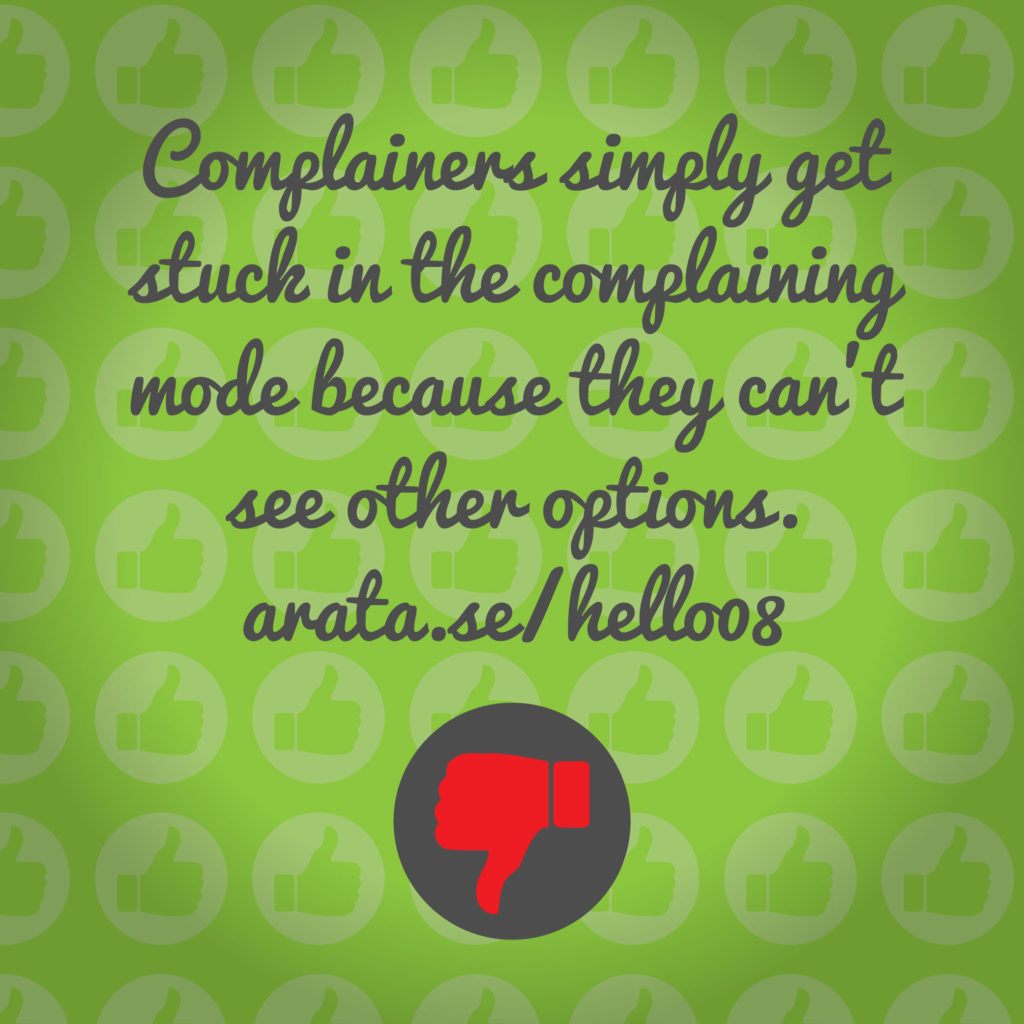
Maybe you want to feel understood. Perhaps an important value is not respected, so you want to talk about it. OR maybe you want to DO something, to change things. Think about this for a moment and write down the answer to this important question: What is the purpose behind this act of complaining?
Ready? Now, you can write down the second magical question:
– In addition to complaining, what are all the other strategies to help meet my needs?
Here we will list all the possibilities for action that we can think of. All of them. Complaining is only one option and will probably be among the least efficient strategies to meet the needs you identified in the previous question.
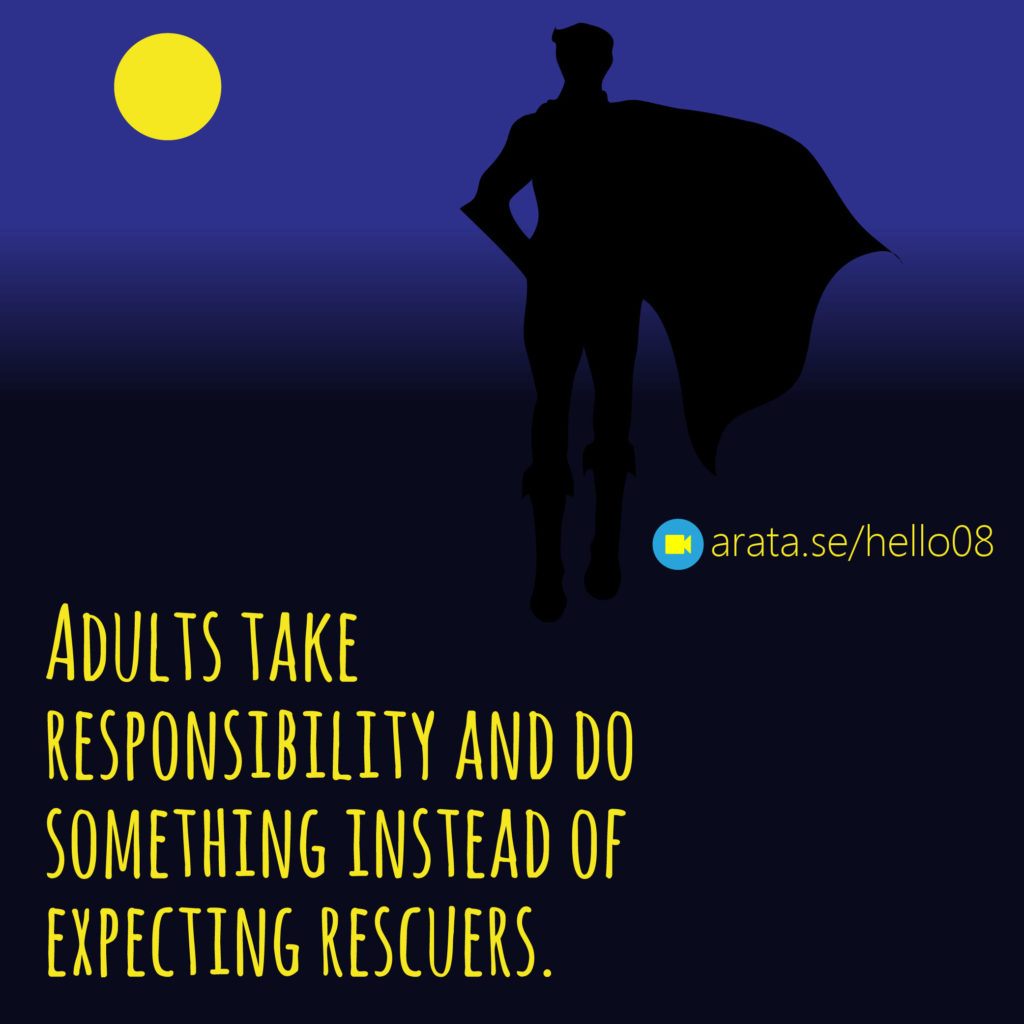
This is when we use our creativity, our intelligence, our experience and our audacity to think of the other options. Complainers never do this. They simply get stuck in the complaining mode because they can’t see other options. So this second question is really worth our time.
And finally, here’s the third magical question, but, before you address it, choose the best option from the list you just made. Take a look at all the options and find the one that is most likely to meet your needs.
Ready?
So now we can write down the third question:
– What is the price I’ll need to pay to implement this strategy? What are the risks involved? Which effort and actions need to be executed?
Here we will face the reason that most of us choose the easy (and inefficient) strategy of just complaining. Complaining is easy. Anyone can do it; it does not take any effort. Is very low risk, and it is addictive: some people complain all day long and may even seek reasons to complain.
See, when we become aware of what our needs are, when we identify the most efficient strategy to meet these needs, we may get stuck because we are not willing to pay the price to move forward.

We can complain and hope someone else will change our diapers… or we can decide to stop complaining and find other efficient solutions. We have to face the risks of failure. We need to acquire more resources and skills. We have to make sacrifices and pay the price. On the other hand, if our need is to be understood, if we want to talk instead of taking action, we have to improve our communication skills to express ourselves without complaining. There are many ways to talk openly and clearly, without whining, without judging, without complaining. We can have constructive conversations and reach greater understanding and connection.
This is an adult choice. Adults take responsibility and do something instead of expecting rescuers.
When we complain we are basically refusing to accept the current reality; we wear the mask of a victim who is incapable of taking charge.
Look, maybe we are not able to change our circumstances, at least not immediately. These are the situations in which we feel especially inclined to start complaining. But even in the situations where it is impossible to take some action—change our environment or influence other people or external events—there is something no one can take from us: our capacity to change our response.
Ultimately we can always determine how we think about our condition. And this change of thought can also prove to be more efficient than complaining.
I have seen many people with strong reactions against complaining. Some people even suggest that we should isolate ourselves from complainers, because they have a contagious disease. What do you think of that?
Today we made an effort to see that there are unmet needs behind the complaining. By acknowledging these needs, we are better able to identify effective strategies to achieve more happiness and fulfillment.
We are putting forth our best efforts to meet our needs, to improve, to move forward. We do not want to try to repress the unmet need, to pretend it does not exist, to be too critical of ourselves, to settle for less. We can do better than that. We can stop complaining and find better choices.
You can subscribe to our YouTube channel, and in the next video, we will continue this conversation.
